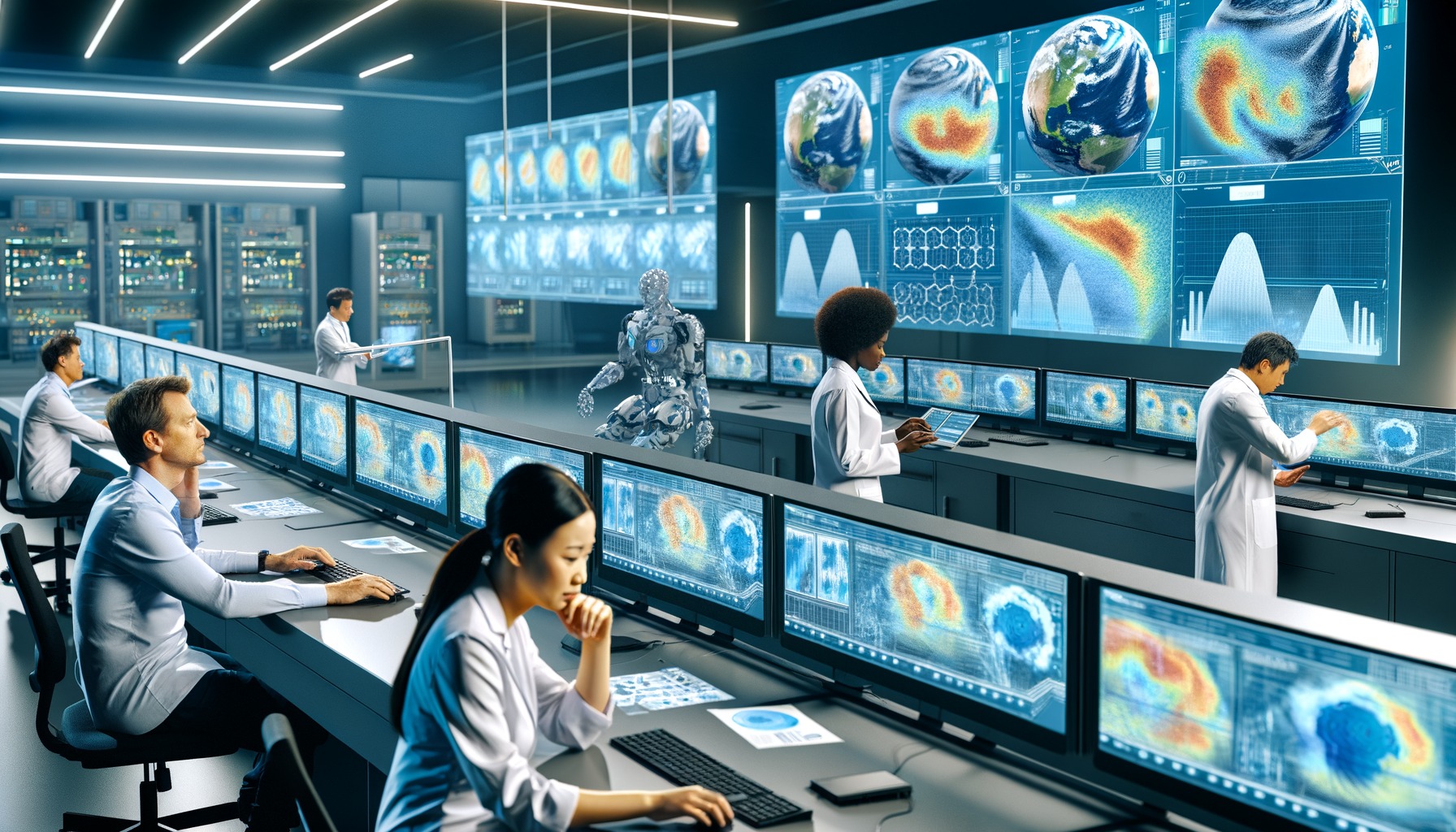Samsung Electronics and SK Telecom have taken a significant step toward shaping next-generation connectivity after signing an agreement to develop essential 6G technologies.
Their partnership centres on AI-based radio access networks, with both companies aiming to secure an early lead as global competition intensifies.
Research teams from Samsung and SK Telecom will build and test key components, including AI-based channel estimation, distributed MIMO and AI-driven schedulers.
AI models will refine signals in real-time to improve accuracy, rather than relying on conventional estimation methods. Meanwhile, distributed MIMO will enable multiple antennas to cooperate for reliable, high-speed communication across diverse environments.
The companies believe that AI-enabled schedulers and core networks will manage data flows more efficiently as the number of devices continues to rise.
Their collaboration also extends into the AI-RAN Alliance, where a jointly proposed channel estimation technology has already been accepted as a formal work item, strengthening their shared role in shaping industry standards.
Samsung continues to promote 6G research through its Advanced Communications Research Centre, and recent demonstrations at major industry events highlight the growing momentum behind AI-RAN technology.
Both organisations expect their work to accelerate the transition toward a hyperconnected 6G future, rather than allowing competing ecosystems to dominate early development.
Would you like to learn more about AI, tech and digital diplomacy? If so, ask our Diplo chatbot!










